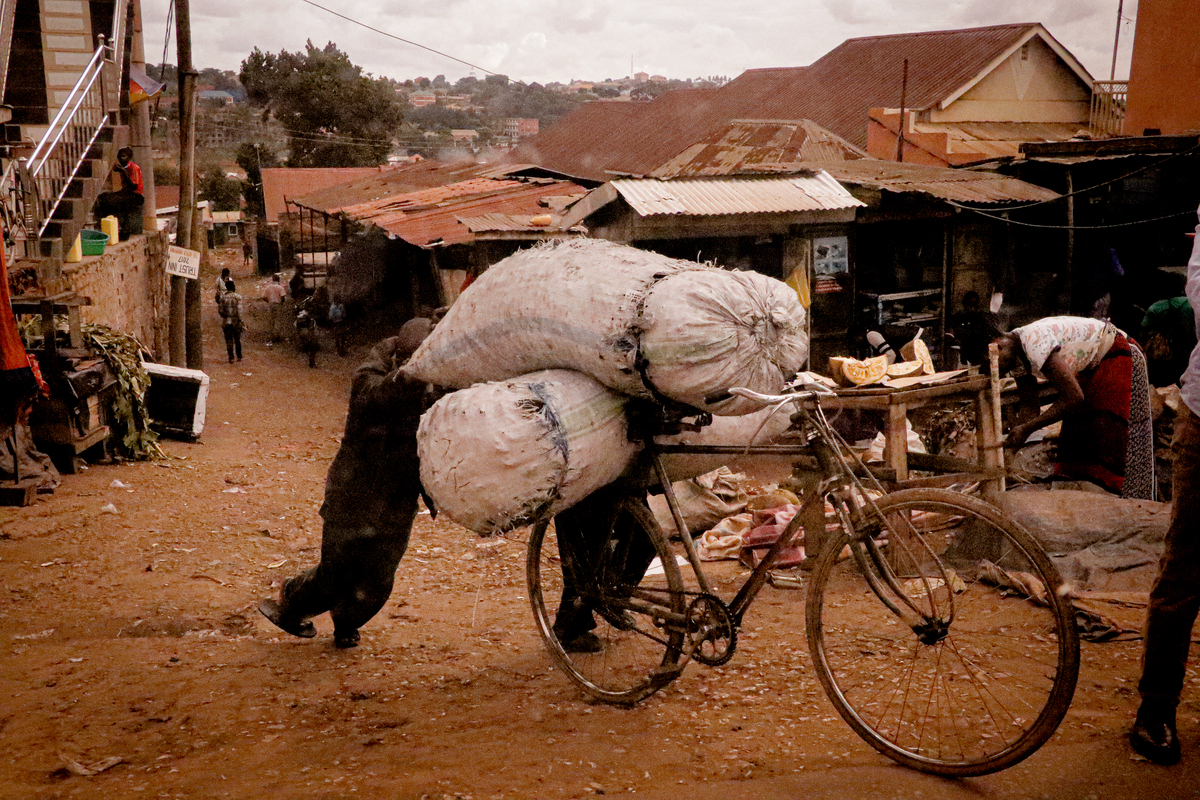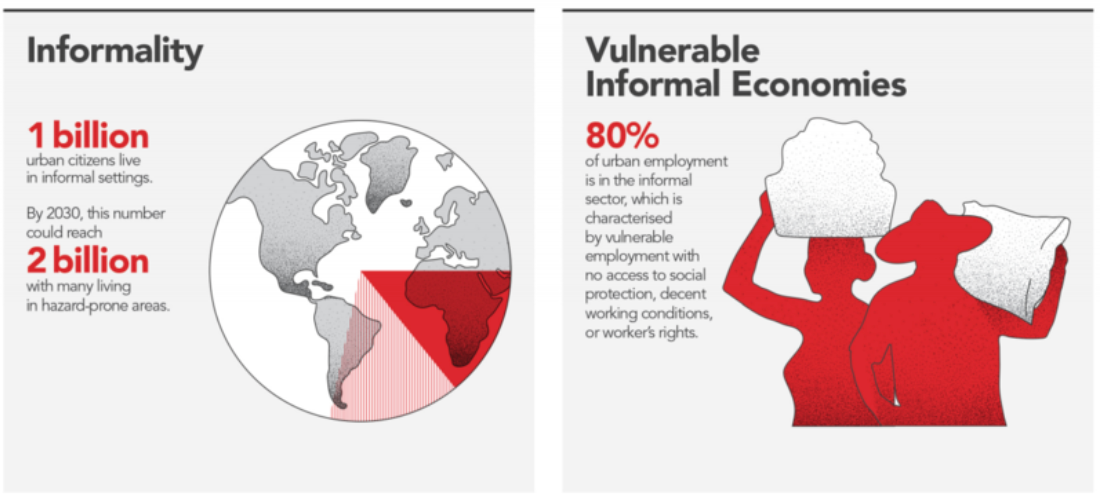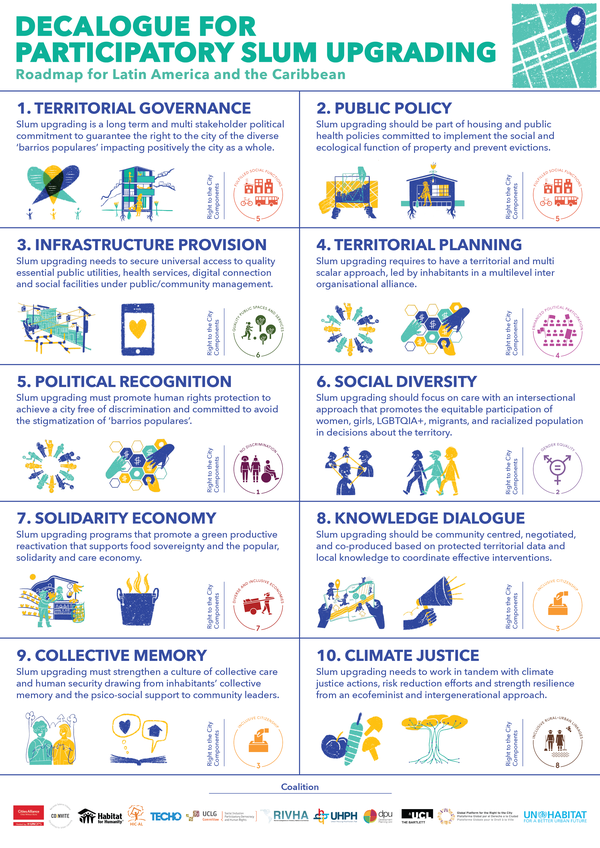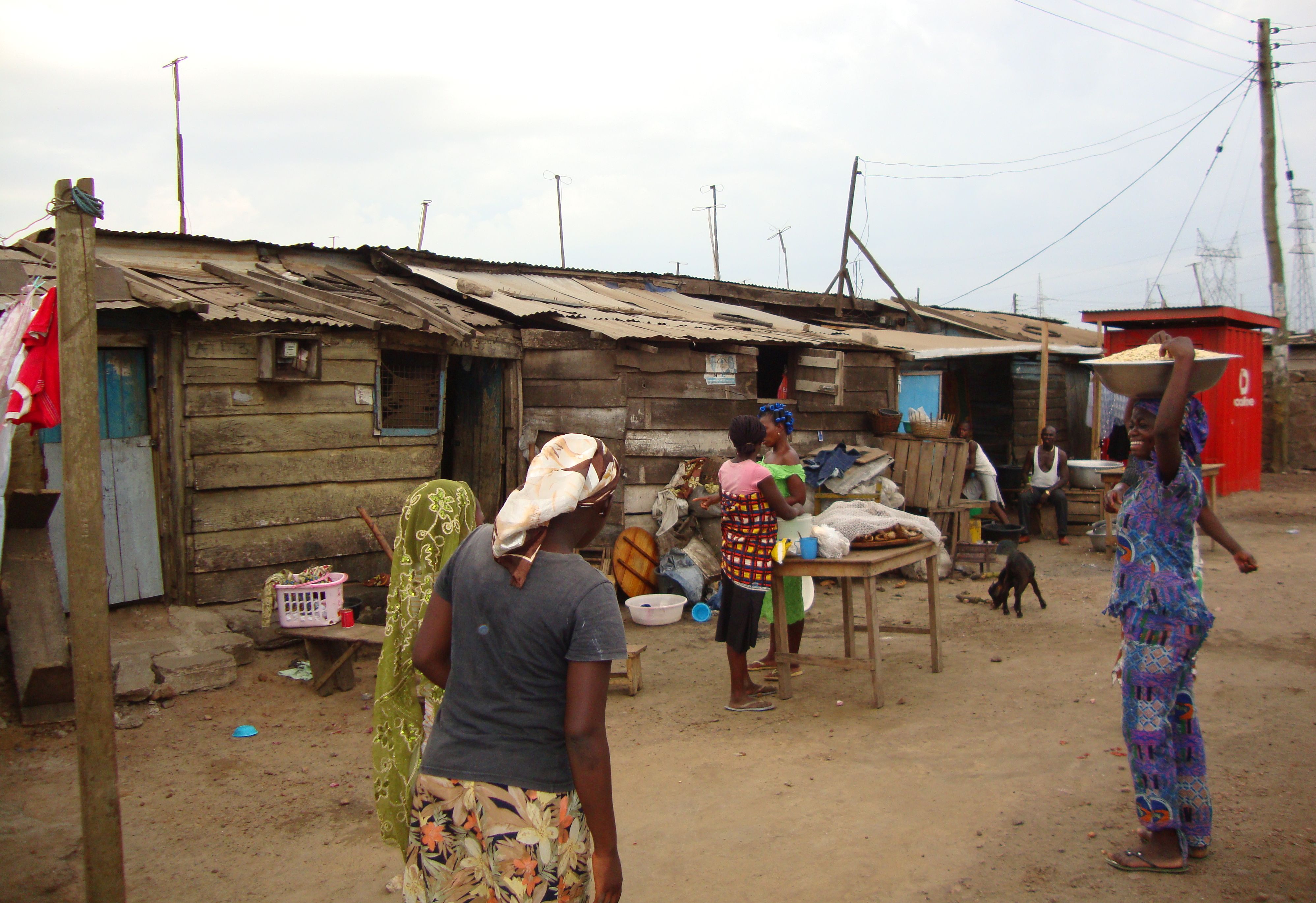Overview
There are still approximately 2 billion informal workers and 1 billion slum dwellers worldwide, exposed to hostile policy environments, and to the sharpest impacts of poverty, social exclusion, and, increasingly, the impacts of climate change and totally inadequate public health systems.
To compound the situation, the COVID-19 responses in conjunction with already insufficient public service provision has exacerbated the vulnerability of particular groups, such as the elderly, children and woman. Thus, the Covid-19 pandemic reveals long overdue structural problems derived from inequality and sets the momentum for a radical shift in the way cities are planned and managed. It is no longer acceptable that a major part of the world’s population does not have access to minimum conditions to deal with the pandemic, such as water, food, basic services, adequate homes, income, and face eviction threats. Thus, there is a strong need to address slums and informality at a permanent basis, with a fair and equitable allocation of land and public spaces in cities.
Cities Alliance has been working to both highlight and improve the living conditions of slum dwellers for two decades. Thus, the orgnaization can play a relevant role as a global public good in promoting this radical shift, legitimated by its trajectory as an organization and its robust membership.

A radical shift includes dealing at scale with informality of land and labour on an accelerated pace. Pressures from Covid-19 and Climate Change requires urgent action, this beyond the obvious human rights and social arguments. On the economic front investing in current infrastructure and housing gaps in slums can be at the core of counter cyclical measures for economic recovery in many countries.
The main objective of the Global Programme on Informality is to build a coalition to globally overcome the political, knowledge and resource gaps for addressing informality of land, labour and citizenship at scale, on a permanent basis.
This is based on three specific objectives:
1) To mobilise Cities Alliance members, their constituencies and international development partners to promote joint efforts and increased knowledge on addressing and harnessing informality and responding to COVID-19 in cities.
2) To identify key knowledge gaps and produce knowledge products that distil the results and learning from the dialogues and peer-learning and disseminate them to a global audience.
3) To facilitate a joint narrative and Cities Alliance coalition to deliver an advocacy and outreach campaign to a global audience to raise awareness on effective COVID-19 responses and demonstrate solutions to informality.

The Decalogue for Participatory Slum Upgrading
We have joined forces with an alliance of civil society organizations, social movements, universities, research centers, international and regional organizations, and networks to launch the Decalogue for Participatory Slum upgrading in Latin America and the Caribbean to highlight ten concrete steps towards a truly integral slum upgrading process.
Join us in collectively re-imagining our communities and moving towards cities and human settlements that foster political and social inclusion, equitable economic growth, and environmental justice!

Cities Alliance has been working to both highlight and improve the living conditions of slum dwellers for two decades.

